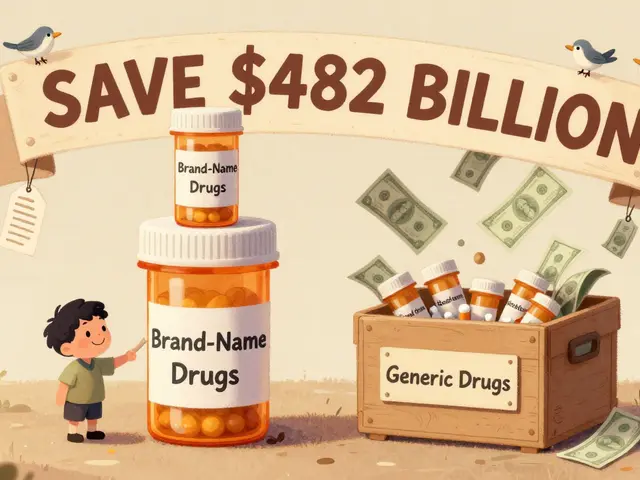
Social Support Networks: Why They Matter and How to Find Them
Ever felt stuck because you didn’t have anyone to talk to about a health worry? A solid social support network can turn that feeling around fast. It’s not just about friends – it’s any group of people who listen, share advice, and keep you motivated.
What Makes a Good Support Network
A good network has three key traits: trust, relevance, and accessibility. Trust means members respect each other’s privacy; you shouldn’t fear judgment when you bring up a medication question or a mental‑health concern. Relevance is about shared experience – a diabetes forum works better for blood‑sugar tips than a random chat room. Accessibility covers how easy it is to join and stay active, whether that’s an app, a local meetup, or an email list.
People often overlook the power of short check‑ins. A quick “how are you feeling today?” message can catch problems before they snowball. Consistency beats intensity – regular, low‑key contact builds stronger bonds than occasional big events.
Practical Ways to Build Your Own
Start where you already spend time. If you follow a health blog on HappyHead, jump into the comment section and reply to others. Ask a question about a supplement you’re trying; chances are someone has tried it too.
Look for niche groups on platforms like Facebook or Reddit. Search terms such as "sertraline support" or "online pharmacy community" to find people sharing real‑world tips. Join the conversation, share what’s worked for you, and keep an eye out for red flags like aggressive sales pitches.
If you prefer face‑to‑face interaction, check local libraries or community centers for health‑related meetups. Many cities host free wellness workshops where participants naturally form support circles after the session ends.
Don’t forget professional networks. Some pharmacies run patient forums or host webinars with doctors. Signing up gives you direct access to vetted information and a chance to ask follow‑up questions in a safe space.
Finally, create your own mini‑group. Pick three friends who are interested in the same health topic, set up a weekly chat on WhatsApp or Discord, and rotate who leads the discussion. A simple agenda – share news, ask for advice, celebrate wins – keeps things focused and useful.
The bottom line? Social support networks aren’t a luxury; they’re a practical tool for better health outcomes. Whether you join an existing community or start one yourself, the right connections can save time, money, and stress when navigating meds, supplements, or chronic conditions.
-
21 May





